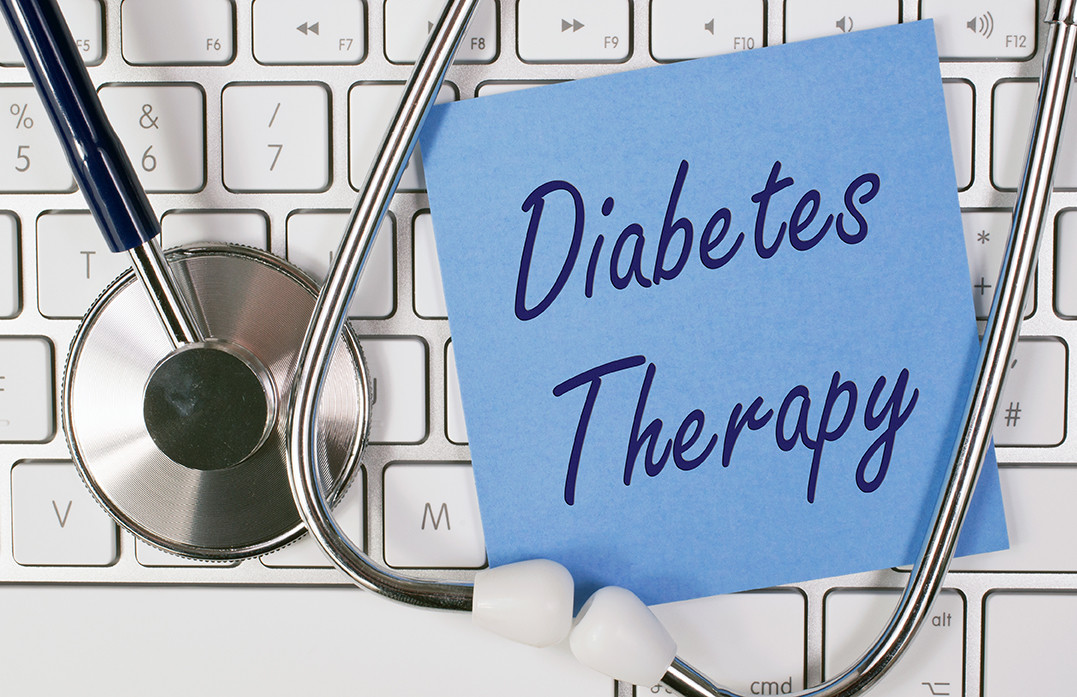Many age-related changes affect the clinical presentation of diabetes. These changes can make recognition and treatment of diabetes complicated. Because of normal physiological changes associated with aging, elderly diabetes patients rarely present with typical symptoms of hyperglycemia. Though it is recommended for all adults, the ideal HbA1c target of less than 7% may be difficult to achieve.
Here are a few aspects of diabetes care in the elderly:
Diet Tips for the Elderly with Diabetes
A diabetic diet is a healthy meal plan with small and frequent meals and a good mix of carbohydrates, protein, and fats. It needs to be low on the glycemic index and should have a good distribution of carbohydrates. Elderly need to be more careful as they are vulnerable to fall into the trap of malnutrition. With decreased metabolism, peristalsis and absorption, it is essential to get a customised plan based on one’s biochemical and physical parameters.
- Use whole grains and pulses rather than refined cereals like maida(all-purpose flour).
- Ensure liberal intake of green leafy vegetables in the form of salads, soups, cooked vegetables as sabzis etc.
- Ensure judicious intake of roots and tubers like potatoes, colocasia (arbi), sweet potato, yam, etc.
- Select snacks that are roasted or steamed like sprouts, or poha.
- Preferably consume at least 2 litres of water every day.
- A gap of 2 hours after dinner is required. Avoid going to bed immediately.
- Add legumes to diet since they can reduce cholesterol levels in blood.
- Add calcium-rich sources like milk to strengthen bones.
Importance of Medication Regimen
Timely intake of medication and diet will prevent senior diabetes patients getting into hypoglycaemia or hyperglycaemia. Compromised cognitive abilities in the elderly can make them forgetful about their medicines. It is suggested they pre-order for medication refill from online or pharmacy stores to ensure medication adherence. It is also suggested to consider storing three days of diabetes supplies which may be handy in emergency. Poor medication adherence results in increased risk of developing diabetes-related complications.
Physical Fitness Goals for the Elderly
ADA recommends 150 minutes of moderate physical activity per week for people with diabetes. As age advances, slight discomfort and minor aches and pains are normal at the beginning of any new fitness regimen. However, seniors should cease or reduce any exercise or movement that causes sharp, stabbing pain or joint pain.
Diabetes Complications in the Elderly
Complications of diabetes occur in the elderly at higher rates. This includes, but is not limited to, autonomic neuropathy, nephropathy, cardiovascular complications, retinopathy and foot ulcers.
Prolonged high blood sugar levels can damage blood vessels of the retina causing them to break and leak blood into the eye which can cloud or obscure vision. Hearing loss can result from damaged blood vessels and nerves inside the ear. Arthritis can limit their mobility and effect their physical activity. Elderly diabetes patients are more prone to gum infections and are advised to visit a dentist in case of any gum bleeding/ bad breath.
Considering the susceptibility of diabetes complications, and taking age into consideration, elderly people with diabetes should keep a close watch on blood sugar levels, get regular tests, and never ignore any minor changes in the body.











